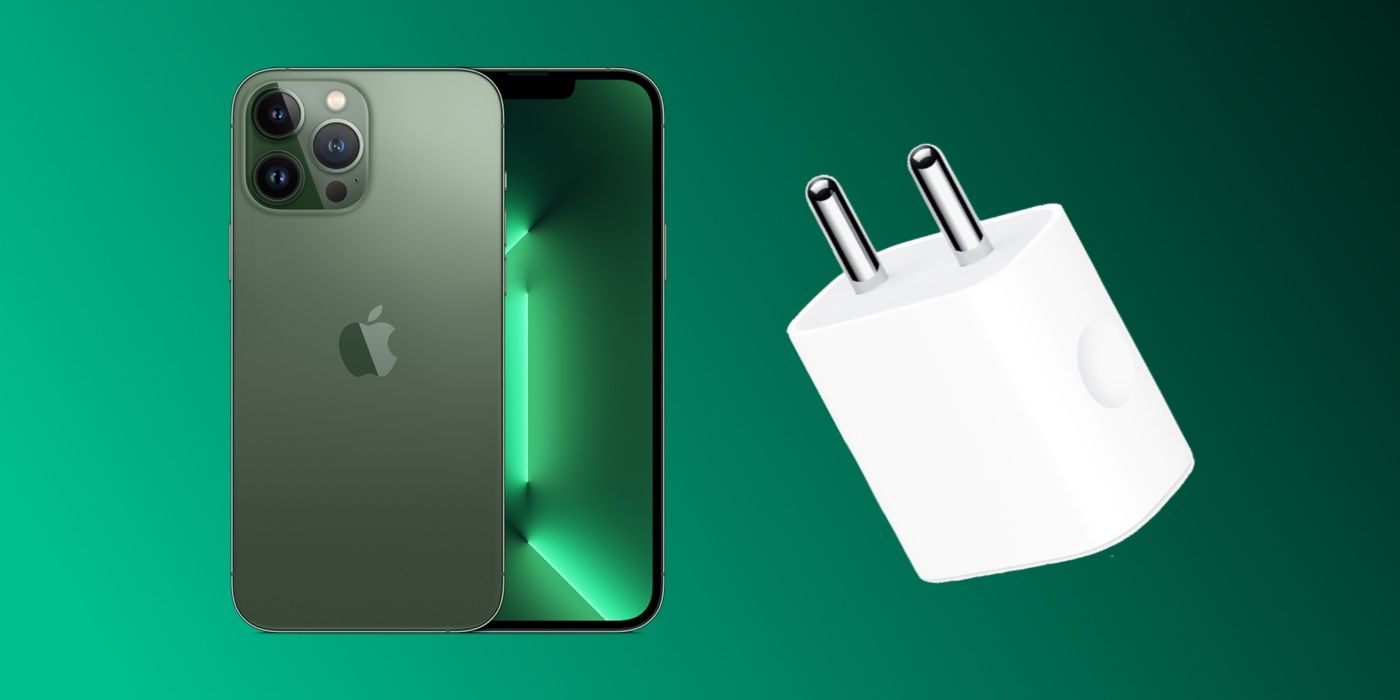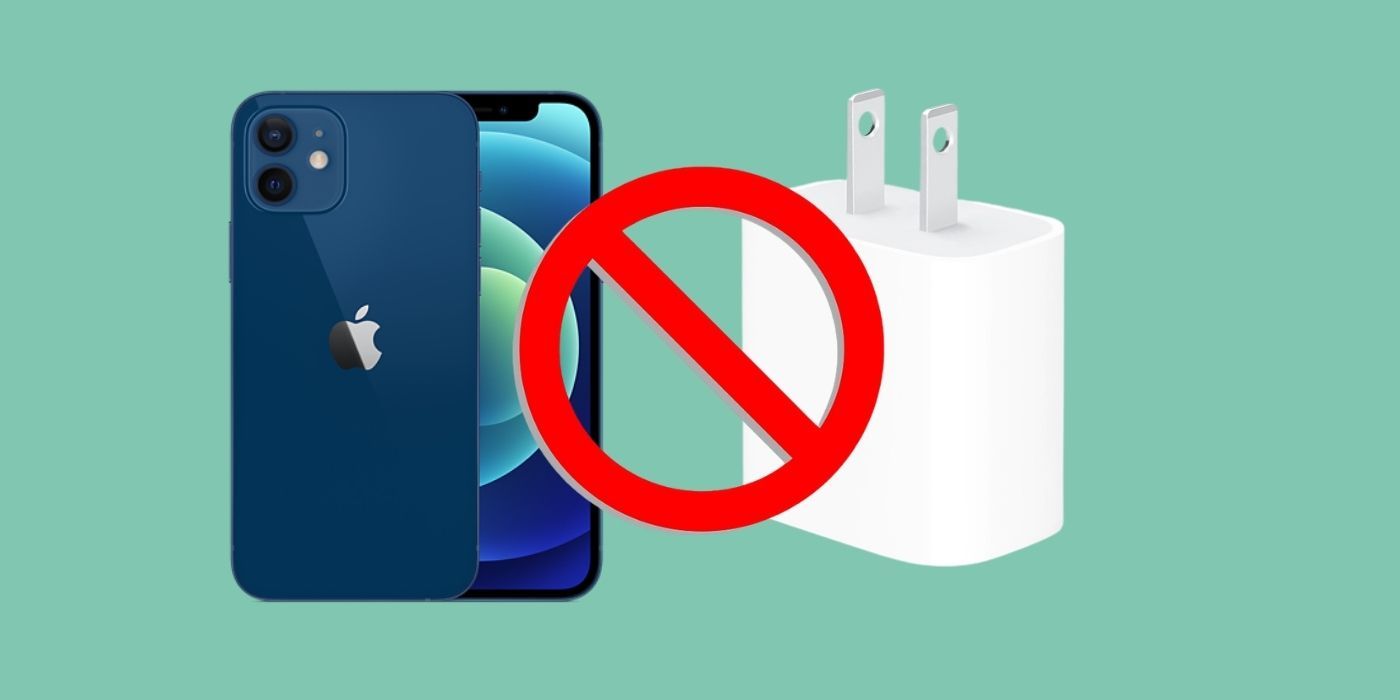A Brazilian court has ordered Apple to compensate an iPhone buyer with a sum of about $1,080 after a complaint was filed against the company's policy of not supplying a charger in the retail package of its phones. Apple made the controversial decision to remove the charger in 2020 when it launched the iPhone 12 series. Apple argued that removing the charger would reduce the environmental burden contributed by e-waste, with the assumption that most smartphone users have a charger lying around. The decision was not particularly well-received by smartphone buyers, but the company has not been swayed despite reasonable concerns.
Apple’s move triggered an industry-wide trend, with Samsung being the most prominent name in the segment to follow in its footsteps. The transition happened at the time when the European Union’s push towards standardizing smartphone chargers was gaining steam. Back then, Apple argued that charger standardization would harm consumers and stifle innovation. For an average buyer spending north of $800 on an iPhone, however, not getting a charging brick with their heavy investment can make them feel cheated.
One such dissatisfied customer filed a legal complaint in Brazil and has actually managed to win a favorable decision, per a Bloomberg report. Regional judge Vanderlei Caires Pinheiro has ruled that Apple must pay a sum of 5,000 Brazilian Real — approximately $1,080 based on the current conversion rate — to the affected buyer, with an additional 1 percent fine for every month since the summons began and a penalty of $100 for each day that the payment was delayed. The case has not received a class-action status, because if that happens, Apple will have to compensate every customer who lays a claim that the no-charger policy violated their consumer rights. In 2021, a group of five Chinese students actually filed a class-action lawsuit against Apple for not bundling a charger in the iPhone’s retail package. Apple is no stranger to class-action lawsuits, with the company agreeing to pay a sum of $95 million as a settlement after losing a case over the sub-par performance of refurbished devices.
Small Loss With Huge Ramifications For The Future
The latest court ruling in Brazil is another setback for Apple, irrespective of how infinitesimally small the amount is compared to the hundreds of billions in its coffers. It is yet another loss for Apple in the South American country, following a 2020 defeat that forced the company to bundle a charging brick with phones sold in the state of Sao Paolo. For two years in a row, Apple was fined a sum of $1.9 million for not providing a charger for the iPhone 12 and iPhone 13 series phones by the country’s consumer protection regulator. Apple has shown no intention of making a course correction for the entire nation, let alone its global market. However, the latest ruling sets a precedent that could get the ball rolling if more iPhone buyers decide to take Apple to court.
The reason cited by the court in Apple’s latest legal tussle is also of critical importance. The court order (machine translated from Portuguese to English) clearly states that “the adapter is an essential item for effective operation of the purchased object.” Citing Apple’s policy as “abusive,” the court also lambasted the defense that removing the charger was to curb the negative impact on the environment, despite Apple continuing to make chargers and selling them separately. The latter reasoning has been voiced by experts not just in Brazil, but across Asia and EU nations as well.
Apple is said to have saved billions by removing the charger from iPhones’ retail box, but rather than passing on the benefits to customers in a tangible way, the company is raking in more profits by hawking wired as well as wireless MagSafe chargers separately. It remains to be seen whether the latest court ruling from Brazil sends ripples across international borders and lands Apple into more consumer rights trouble.
Source: Bloomberg


